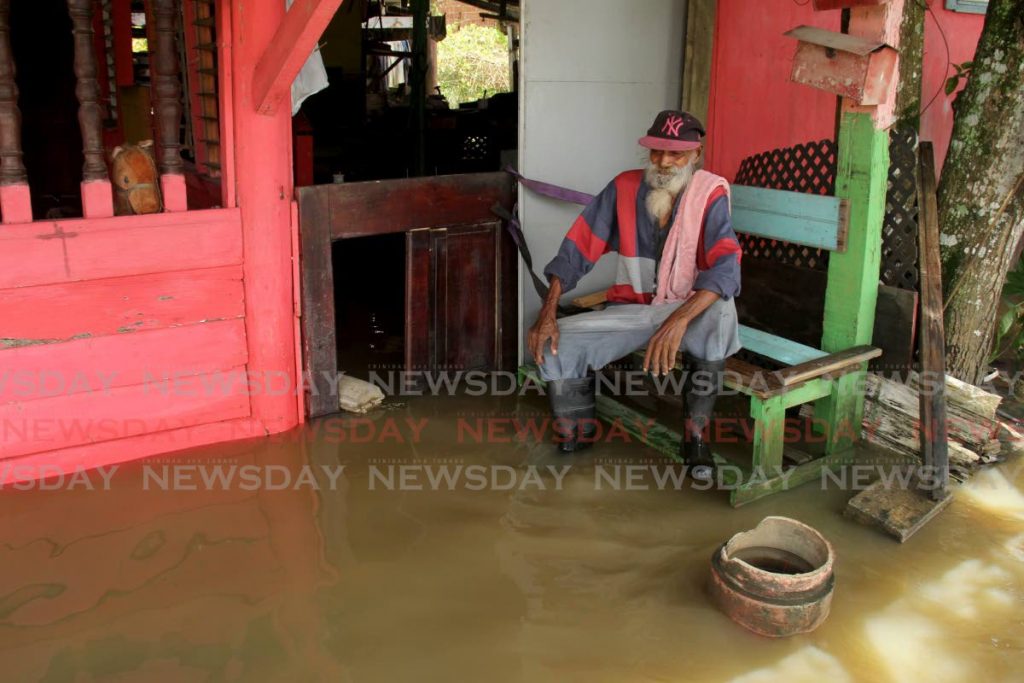Disasters and mental health

The human mind, where experiences and thoughts get deposited, are under severe anxiety and uncontrolled stress these days. The Taliban invasion and chaos in Afghanistan add to the world’s anxieties. There are ravaging floods here and abroad, deadly fires in parts of Europe, US and Africa, storms across the world in deadly repetition, a relentlessly spreading virus that, unchecked, continues to infect over 210 million people and killing four and a half million so far across the world.
There is of course more, but we also note the freedom-seeking protests from Hong Kong, Myanmar and Kenya to Belarus. We too have our damaging floods, covid19 infections (over 42,000) and deaths (over 1,200) and unsettling politics.
And as the newsmaking trade goes, all these anxiety-driven, stressful events repeatedly come upon us 24/7 from print and television.
The human mind has its limits. Of course, it could tolerate some anxiety or dissonance. But too much uncontrollable stress upon it, whether domestic, work- or community-driven, could lead to insanity, or at least psychological disorientation.

As individualistic as people think they are, they need a stable, predictable environment for their own psychological stability. People need a stable frame of reference to have healthy lives.
Mario Argandona and Ari Kiev, in their helpful book Mental Health in the Developing World, have long argued that social psychiatry is required to help people without a stable, healthy environment. This was one of the early principles I learnt in my university course on abnormal psychology – how environmental instability could lead to deviant behaviour. That is why we are better served if a study of psychology is an integral part of any criminology programme.
That is also why crime, for example, has been described as a public mental-health issue. Noting this connection, psychoanalysis Erich Fromm said, “It is in human practice of life as it results from the conditions of human existence.” Marx further advised that it is not consciousness that creates our social existence but our social existence that creates our consciousness, our mind.
As the disasters and political instability around us increase, so too would our mental health deteriorate. That such deterioration has not been loudly noticed or precisely measured is mainly because the human mind has a buffer, a relief zone called the subconscious, where certain anxieties and stressful experiences get submerged, at least temporarily.
This subconscious burial of a stressful experience helps bring back “normality” in conscious behaviour. However, there is no guarantee it will remain permanently buried. It may resurrect in bizarre forms such as in denial, scapegoating, etc.
That is how so many people deny the tragic consequences of climate change taking place. Or deny being racist themselves. It is too stressful to admit. In his classic book The Sane Society, Fromm noted how narcissistic tendencies help some people retreat from harsh environmental realities.
Have you seen the televised suffering, dislocation and destitution of millions of war-driven refugee children in Myanmar, South America, parts of Africa, Libya, Syria and now Afghanistan? While they do not complain, the psychological effects of their childhood suffering will likely be seen as they grow to adulthood or even before. The educational marginalisation, poverty and parental neglect which many of our own children now experience will likely lead to subsequent mental-health challenges.
The mind of a child is quite vulnerable to environmental pressures. Children get mental-health challenges when they witness severe disasters, murders or domestic violence. The kidnapping and torture of children by terrorist groups such as Nigeria’s Boko Haram and Isis will have severe mental-health consequences on these children – if they live.
The Taliban, now in worrying political control of Afghanistan, promise to treat women and children “properly.” Women, the Taliban promise, will be given “human rights within Sharia (Muslim) laws.” They promise to send girls to school, etc. In other words, contrary to how the Taliban treated girls when they were once in charge before the US took over 20 years ago, the Taliban promise to allow girls, as children, live “normal lives” – except that the environment is not likely to be friendly.
We may not be able to shut down the television or stop violence or disasters, but we should be alerted to the consequences to the human mind and to children particularly.

Comments
"Disasters and mental health"